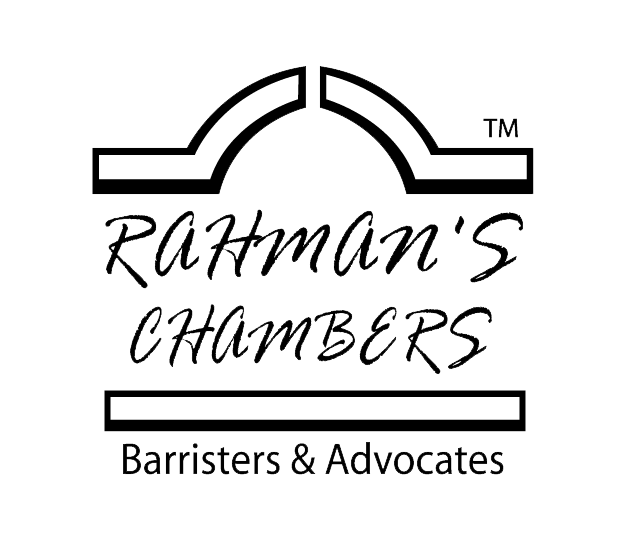Bangladesh under Japan’s subsidy scheme
 Japan last week included Bangladesh in the subsidy scheme in the matters of relocating its firms from China. Under the subsidy scheme, Japan government is providing financial assistance to the companies, shifting their plants from China to other suitable locations.
Japan last week included Bangladesh in the subsidy scheme in the matters of relocating its firms from China. Under the subsidy scheme, Japan government is providing financial assistance to the companies, shifting their plants from China to other suitable locations.
The Japanese subsidy programme was initially meant for factories that were moving back to Japan or shifting their production to Southeast Asia only. The scheme will widen the avenue for attracting more Japanese investment to the country, experts said. Japan government’s supplementary budget for fiscal year 2020 earmarked 23.5 billion yen (US$ 221 million) for companies that will move production facilities to Southeast Asian nations.
“When the Ministry of Economy, Trade and Industry opened a second round of applications on Thursday, it added ‘projects that contribute to the resilience of the Japan-[Association of Southeast Asian Nations] supply chain’ to the list of qualifying moves, eyeing relocations to countries such as Bangladesh and India,” said the Nikkei Asian Review.
Manufacturers can receive subsidies for feasibility studies and pilot programmes. The total amount granted is expected to reach tens of millions of dollars. The subsidy scheme aims to reduce Japan’s reliance on a handful of links in its supply chains, particularly China, and to ensure a steady flow of products, such as medical supplies and electrical components, in an emergency.
The relocation issue came to the forefront with China’s shutdown in the early days of the coronavirus pandemic, it further said. The first round of subsidies, declared in July, granted more than 10 billion yen to 30 companies for relocating manufacturing plants to Southeast Asia. These include Hoya, which is moving production of electronic components to Vietnam and Laos, and Sumitomo Rubber Industries, which will produce rubber gloves in Malaysia.
Another 57 companies are receiving support for shifting production facilities to Japan, such as Iris Ohyama – the first to be approved – which is manufacturing face masks at its Miyagi Prefecture home base. Other prominent names, approved for subsidies, include Sharp, drug-maker Shionogi, and medical equipment manufacturer Terumo, added the Nikkei report.
“Already many Japanese companies have significant presence in Bangladesh, and more companies are in the queue,” said Paban Chowdhury, executive chairman of the Bangladesh Economic Zones Authority (BEZA).”We have established a separate zone for Japanese companies in Narayanganj, and that place has already been overbooked. Now we are expanding area of the zone,” he added.

Leave a Reply